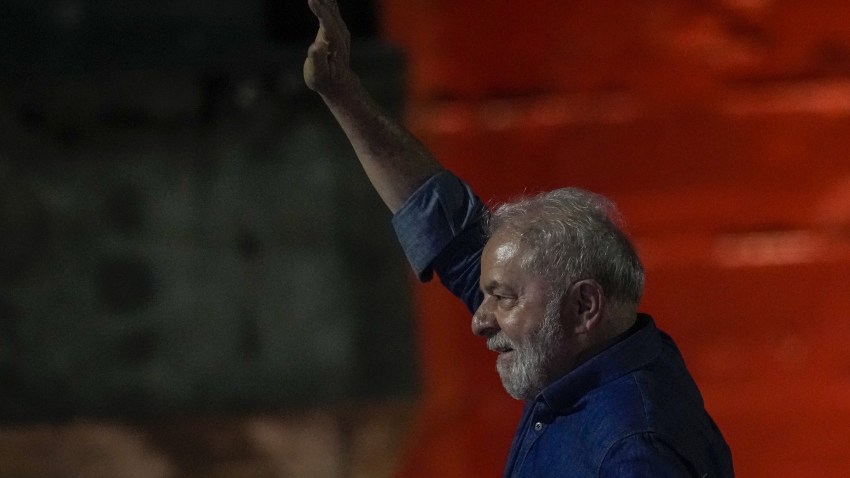Former President Inacio Luiz “Lula” da Silva defeated President Jair Bolsonaro, the right-wing, authoritarian, populist incumbent, in Brazil’s presidential election yesterday by a razor-thin 51-49 percent margin. For years, Bolsonaro has made clear his desire to hold on to power at all costs, threatening Brazil’s electoral democracy on numerous occasions both implicitly and explicitly. He spent much of his four-year term in office engaging in disinformation about the country’s electoral infrastructure and voting machines, making dishonest claims of fraud, undermining Brazil’s checks and balances, and even insinuating the possibility of an intervention by the Brazilian military to overturn this year’s election in the event he lost.
Given the threat Bolsonaro represented to the democracy of Latin America’s largest country, the whole hemisphere should feel some relief that he is now on his way out of office, even if we are likely to see some election-related protests and disputes in the coming weeks.
At home, Lula has now represented Brazil’s pro-democracy movements across several decades. He led union protests against the military dictatorship in the 1980s. And this year he unified the country’s political system across the ideological spectrum to defeat a wannabe dictator. That’s a good track record.

